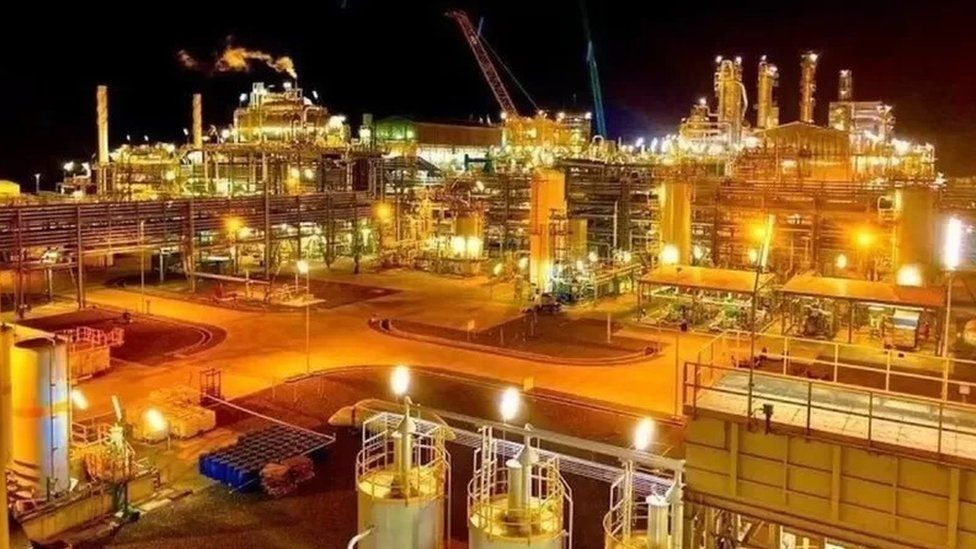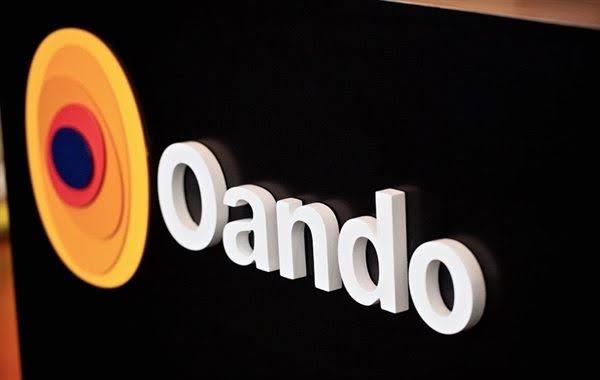
Aliko Dangote’s Refinery To Receive Crude Oil Cargoes From NNPC
Aliko Dangote, Africa’s richest man, is poised to bolster Nigeria’s oil industry as his Dangote Oil Refinery, touted as Africa’s largest integrated petrochemical complex, prepares to receive up to six cargoes of crude oil from the Nigerian National Petroleum Corporation Limited (NNPC).
An NNPC official, speaking on condition of anonymity to Reuters, confirmed the supply agreement, specifying that six cargoes, totaling 200,000 barrels per day (bpd), are scheduled for delivery in December under a one-year deal. The volumes for subsequent months will be determined based on mutual agreement and availability.
Other sources indicate that approximately 4-5 cargoes, equivalent to at least 130,000 barrels per day, are in the pipeline. A Dangote Group official, also requesting anonymity, mentioned that “some of the agreements have confidentiality clauses” when asked about the NNPC supply arrangement.
Refinery gears up for operations after delays
This development comes in the wake of a missed production deadline in August. Devakumar Edwin, the executive director of the Dangote Group overseeing the refinery, confirmed that the facility is now actively preparing for refining operations to commence.
The Dangote Oil Refinery, boasting an initial processing capacity of 540,000 barrels per day, was inaugurated with great fanfare in May.
Although the refinery’s operational delays have raised questions about its ability to meet 100 percent of Nigeria’s refined petroleum needs and potentially generate a surplus for export, it remains poised to impact Nigeria’s economy significantly.
IEA recognizes Dangote’s contribution to Africa’s energy landscape
In recent times, the International Energy Agency (IEA) has lauded Dangote and his Dangote Oil Refinery as a pivotal force poised to stimulate oil demand growth over the next decade.
According to the IEA, this transformation is poised to benefit African nations that currently heavily rely on imported refined energy products, making it instrumental in shaping Africa’s energy future, promoting self-sufficiency, and reducing dependence on foreign imports.
However, the IEA added that while demand for oil and gas in Africa continues to rise, new oil and gas projects face shifting dynamics due to global trends, which carry implications for current and future producers.
About Author
Discover more from BillionBill
Subscribe to get the latest posts sent to your email.


